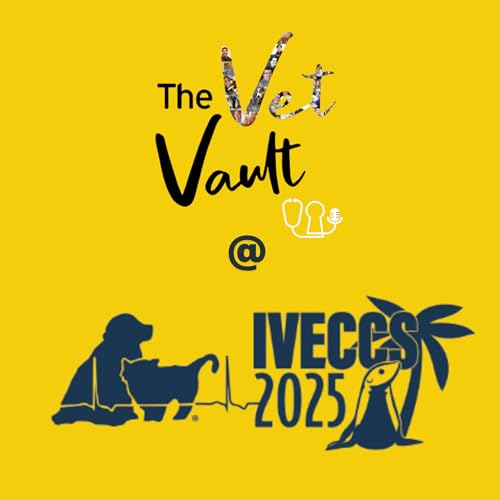“If you can’t afford a pet, you shouldn’t own one.”
Ever said this line?
Once you’ve been on the receiving of someone’s anger about the cost of their vet bill, it’s an easy thought to have.
But it’s not the whole story, is it?
In this episode, I sit down with Dr. Paul Manktelow - a veterinary surgeon with 20+ years in UK animal charities and current Director of Veterinary Services at Blue Cross. Dr Paul shares lessons learned in not-for-profit vet care to help us untangle that tension between care, compassion, and commercial reality.
We cover:
- Trends from the front lines in the charity sector
- How “affordability” is shifting under rising cost of living
- Decision-making tools that balance optimal vs achievable care
- Business models that either enable or block access to care
- How vets can approach financial conversations with clarity, dignity, and trust
You’ll learn about:
💡 “Pragmatic care” as the antidote to chasing the mythical ‘gold standard’
💡 Cost-based vs value-based pricing models
💡How to think in tiers of care—and where the limits lie
Because behind every clinical decision is a human one.
Find out how we can help you build you in your vet career at thevetvault.com.
Check out our Advanced Surgery Podcast at cutabove.supercast.com.
Get case support from our team of specialists in our Specialist Support Space.
Subscribe to our weekly newsletter here for Hubert's favourite clinical and non-clinical learnings from the week.
Join us in person for our epic adventure CE events at Vets On Tour. (Next up: Japan snow conference!)
Topics and Time Stamps
03:11 Balancing Costs and Care in Veterinary Practice
06:45 Challenges and Changes in the Veterinary Profession
11:41 Client Expectations vs Financial Realities
16:32 The Impact of Economic Hardships on Pet Care
32:16 Blue Cross's Model
39:10 Individual Responsibility in Veterinary Practice
42:54 Getting Clear on Quality of Life and Prognosis
47:23 Cost-Based vs Value-Based Pricing Models
01:10:05 Pragmatic Care and Clinical Guidelines
01:16:54 The One Question
 Dec 19 202546 mins
Dec 19 202546 mins 57 mins
57 mins 43 mins
43 mins 55 mins
55 mins Nov 4 202551 mins
Nov 4 202551 mins 1 hr and 20 mins
1 hr and 20 mins 1 hr
1 hr 49 mins
49 mins
